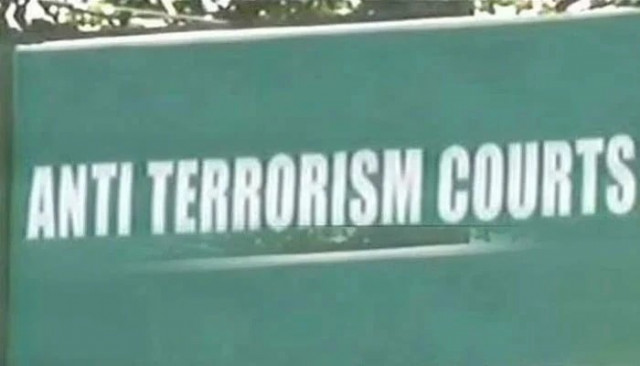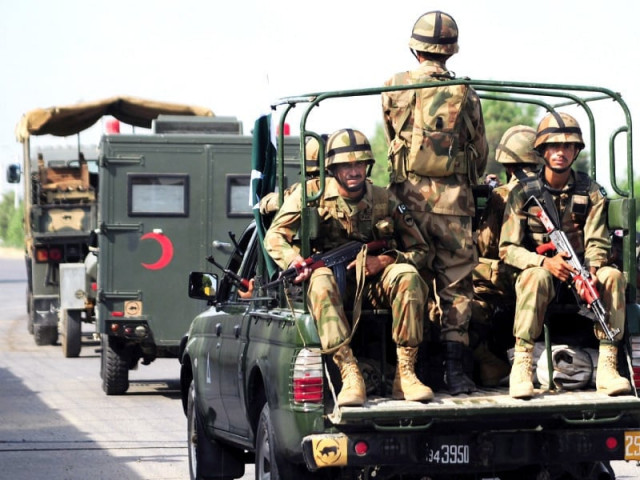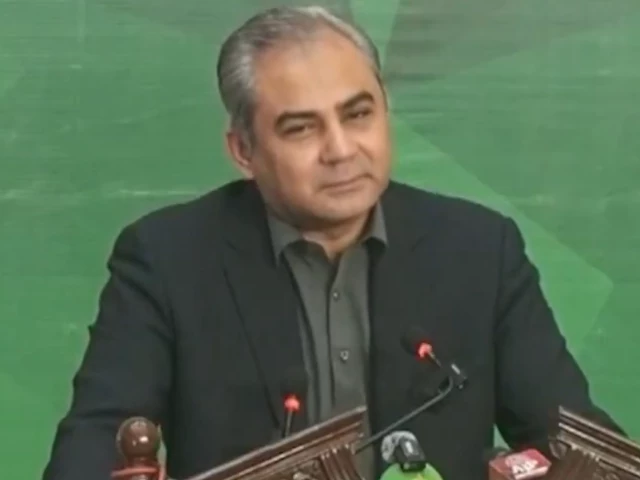The May 9 Riots: Accountability and Leadership in the PTI
On May 9, 2023, Pakistan witnessed one of its most tumultuous days as riots erupted following the arrest of former Prime Minister Imran Khan. An anti-terrorism court (ATC) recently handed down significant judgments blaming the senior leadership of the Pakistan Tehreek-e-Insaf (PTI) for inciting these violent protests. The judge, Manzar Ali Gill, expressed that PTI leaders played a pivotal role in mobilizing their followers, portraying Khan as a "Nijat Dahinda" or savior against the country’s numerous challenges.
According to Judge Gill’s ruling, the leaders not only fueled public unrest but also encouraged direct attacks on military installations and other state properties. He cited that these events directly correlated with Khan’s arrest. In a detailed judgment, 17 convicts, including former officials like Omar Sarfraz Cheema and Dr. Yasmeen Rashid, were sentenced to ten years in prison for their involvement in the riots that followed.
What’s particularly striking is the judge’s assertion that senior leaders of PTI made concerted efforts to rally their supporters by depicting Khan as the solution to pressing societal issues—ranging from injustice to insecurity. The judgment revealed a deeper layer of the political landscape, where the emotional connection between the leaders and their followers plays a significant role in shaping public sentiment.
Through the courtroom’s examination of evidence, including social media posts and witness testimonies from secret police, it became apparent that these political gatherings were more than just casual meet-ups; they were strategic mobilizations driven by a desire to rally public support. Interestingly, the defense’s claims about fake social media accounts were dismissed when it was noted that no complaints were lodged contesting the authenticity of the accounts used by the prosecution.
Moreover, this ruling underscores a broader trend witnessed across Punjab, where over 130 PTI lawmakers and workers have faced property forfeitures due to their involvement in these riots. This reflects a stringent approach by the judiciary in holding party members accountable for their actions.
So, what does this mean for the future of political discourse in Pakistan? Clearly, the implications of such judgments could either serve to stabilize or further polarize the political landscape. As citizens, it’s essential to stay informed about these developments, as they can impact not just governance but also societal norms and values.
In an ever-evolving political arena, understanding the dynamics at play can empower you to engage meaningfully. If you’re looking for more insights or discussions on political matters and their societal implications, feel free to connect with the community at Pro21st. Engaging in these conversations is more crucial now than ever!
At Pro21st, we believe in sharing updates that matter.
Stay connected for more real conversations, fresh insights, and 21st-century perspectives.





